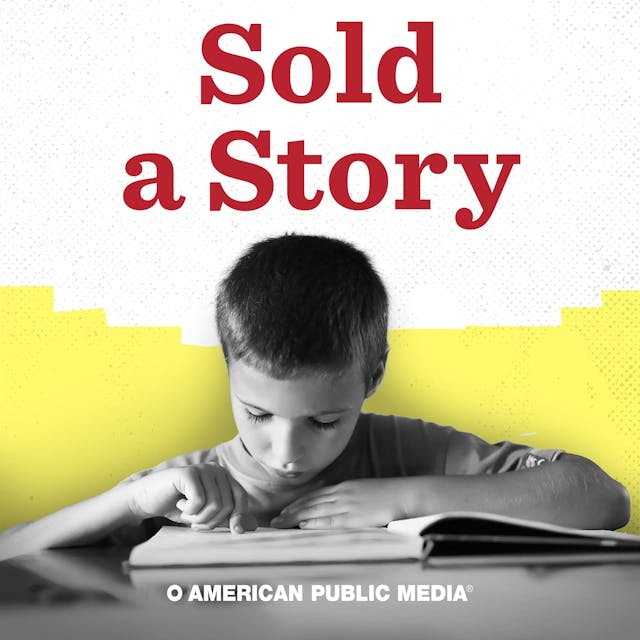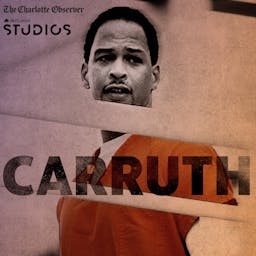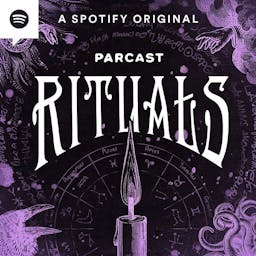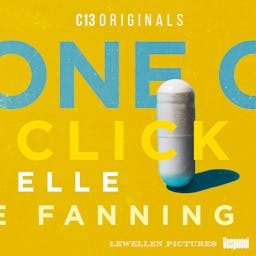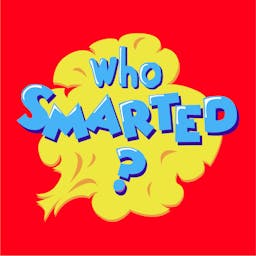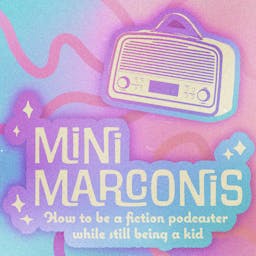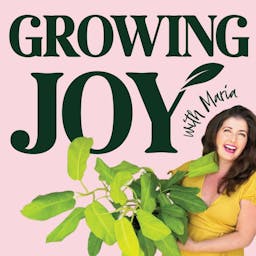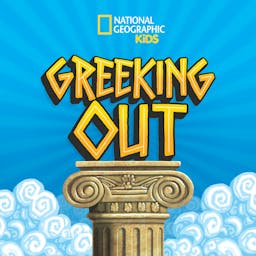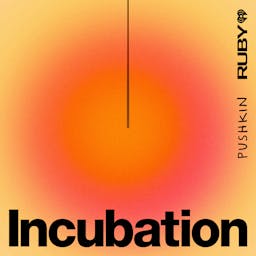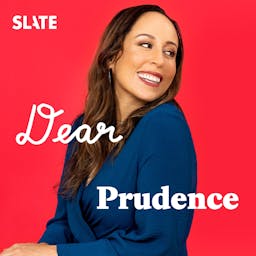Sold a Story
4.7/5
Critic Rating
Millions of kids can't read well. Scientists have known for decades how children learn to read, but many schools don’t know about the research. They buy teacher training and books that are rooted in a disproven idea. In Sold a Story, Emily Hanford investigates four authors and a publishing company that have made millions selling this idea.
Critic Reviews
Score: 5
Lauren Passell • Podcast The Newsletter • Feb 24, 2025
"Some of what Steubenville is doing is controversial, but it’s working for them. I don’t know how they are getting away with this, how they developed it, there are questions I want answers to. We could spend a season in Steubenville."
Score: 5
Eliana Dockterman • Time • Nov 22, 2023
"Journalist Emily Hanford, who has been raising the alarm about this problem for years, lays out how America got here in a show that plays like she's unwinding a mystery. This series was published in 2022, but the host published bonus episodes in 2023, which allows me to extol the virtues of this investigative podcast, if only a little late."
Score: 5
Nat Malkus • The 74 • Dec 2, 2022
"In the hands of adept reporter and storyteller Emily Hanford, that deep dive unfolds with crystal clarity, emotional anchors and dramatic cliffhangers to spotlight why many students struggle to read...Hanford and her colleague Christopher Peak deftly stitch together the complete picture...Clear, engaging and, yes, enraging reporting like this can help policymakers, teachers and families ensure that they are not sold a story that might hold their young readers back."
Score: 4
Ximena Smith • Stuff NZ • Nov 19, 2022
"I know this might sound a bit technical and academic, but Hanford makes the content compelling through her tight scripting, which is combined effectively with archival audio, music and interviews with parents, teachers and reading scientists...there still seem to be many proponents of the reading instruction style Hanford criticises, so I think the podcast would have been stronger if it had featured a bit more of those voices."
Score: 4.5
Natalie Wexler • Forbes • Oct 20, 2022
"It’s clear Hanford and Peak have done extensive research, but there’s nothing dry or didactic about the podcast. This latest podcast is a valuable addition to Hanford’s body of work, and I urge anyone with an interest in education—or the state of our democracy—to listen to it. Important as “Sold a Story” and Hanford’s other podcasts on reading are, though, they leave crucial parts of the current mess unexplored. Decoding is crucial, but it’s only one component of literacy—and complex as it is, it’s the simplest to address."
